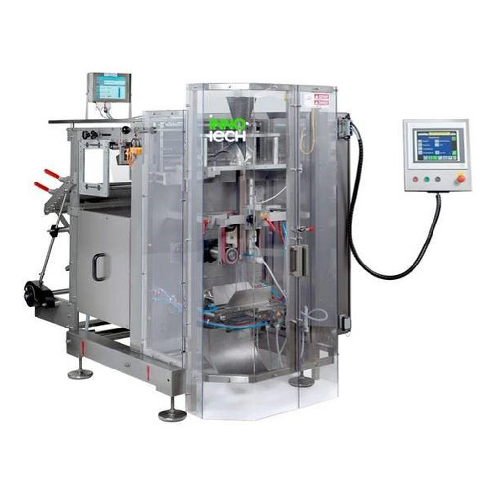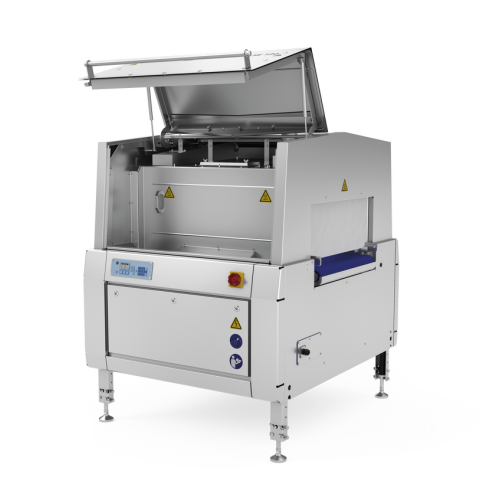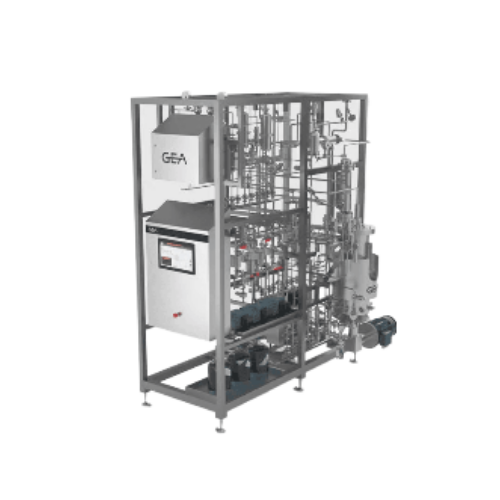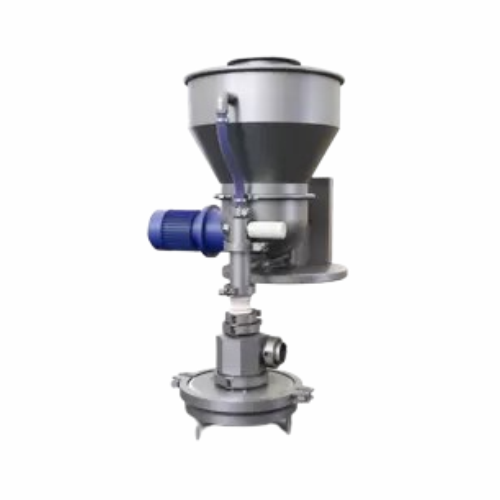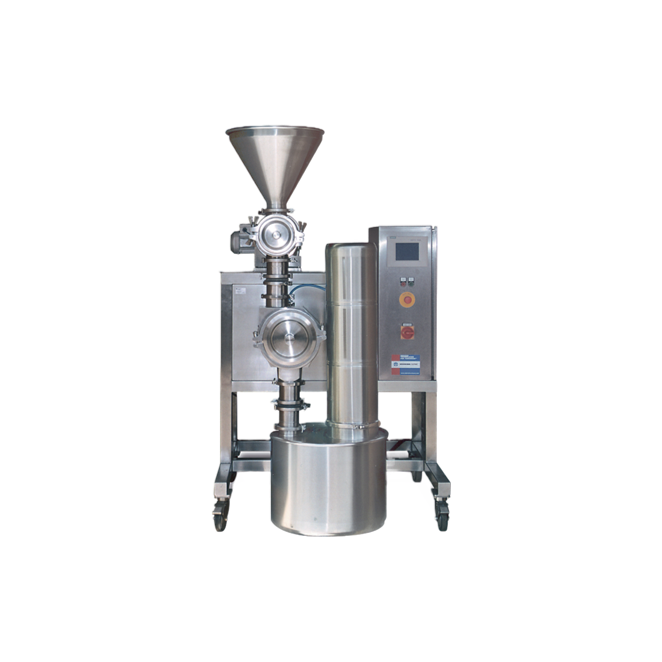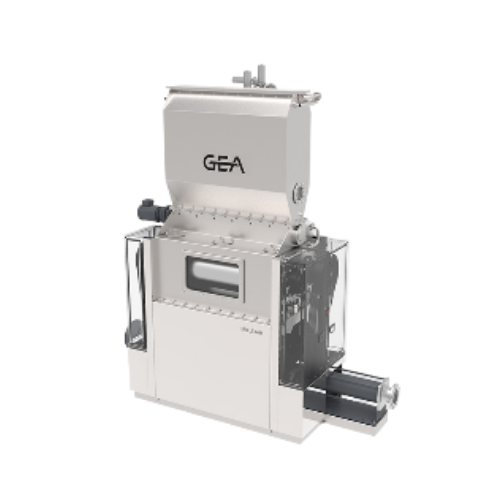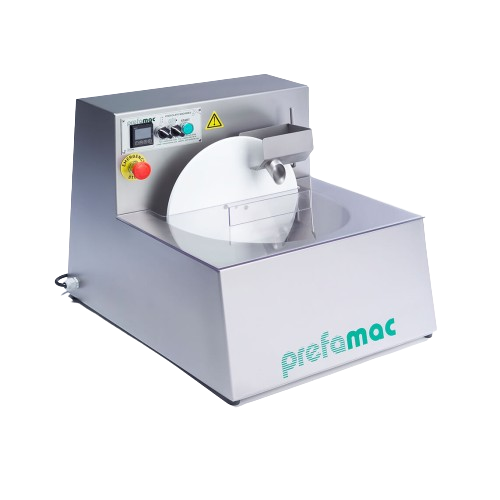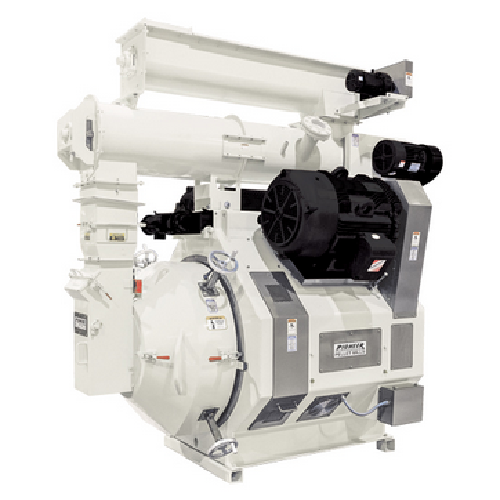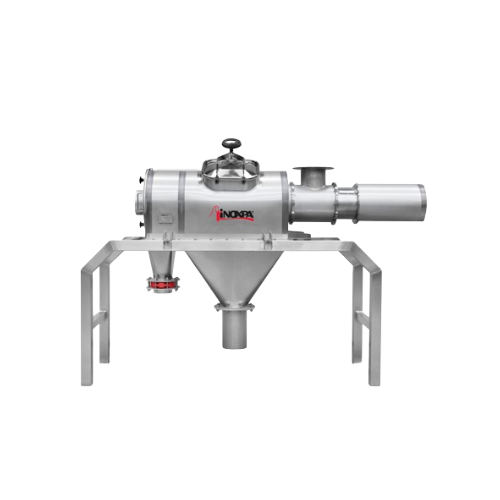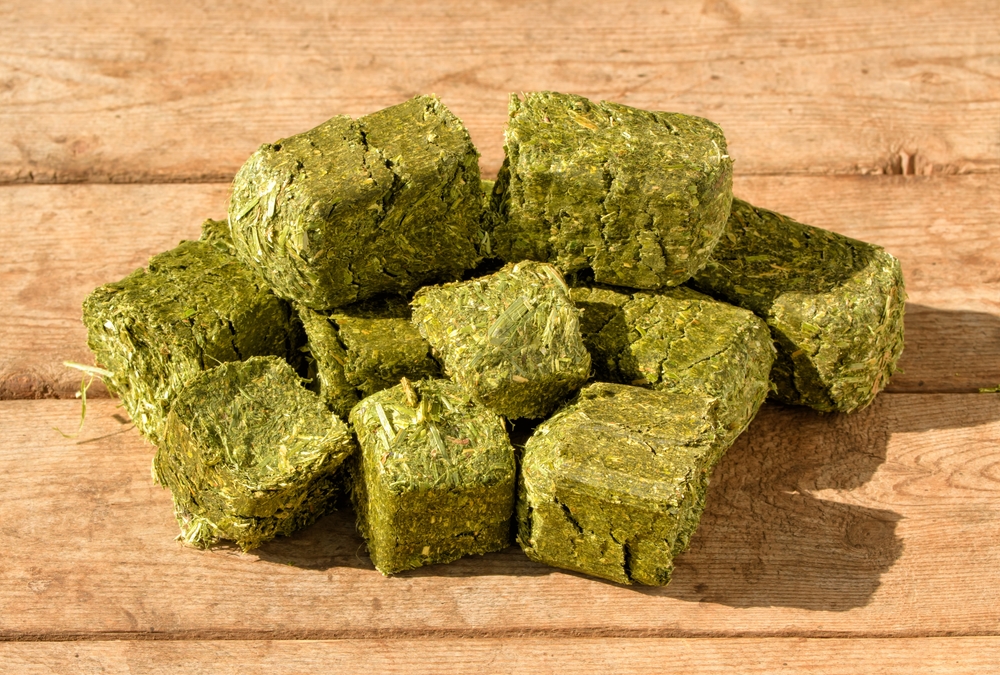
Making Alfalfa Meal
Find innovative production technology for making alfalfa meal and connect directly with world-leading specialists
Some people call it Lucerne; others call it Alfalfa. But whatever its popular name, the botanical species Medicago sativa remains one of the most important forage crops. Thanks to its high nutritional value as animal feed, demand, and production of alfalfa meal are rising exponentially. The global alfalfa market is projected to grow at a CAGR of 5.2% between 2022 and 2027.
Tell us about your production challenge
Alfalfa meal is a highly-nutritive feed ingredient
Alfalfa leaves are abundant in crude protein and betacarotene. Their easily digestible fibers are ideal for the fast growth and development of livestock while also improving lactation. Moreover, they are rich in vitamins A, B, D, and E and minerals like magnesium, calcium, and copper.
The plant is a good feed option for cattle, dairy cows, horses, rabbits, sheep, and goats. Alfalfa hay is also suitable for sows and poultry, albeit in smaller quantities and with lower fiber contents.
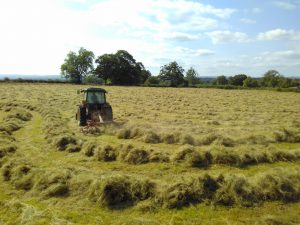
Balance moisture levels of the hay to produce alfalfa meal
Making alfalfa leaf meal starts with airdrying the fresh harvest for 24 to 48 hours to reduce moisture levels from 70-85% to 18-20%. Sometimes, a dehydrator or drum drier comes in handy to reach the desired moisture level. Drying prevents the growth of microorganisms and mycotoxins, but you still need to retain some water content. Moisture allows the hay to be baled without losing leaves, keeping its protein and nutritional value.
When the leaves are dried, they are baled and transported to the mill facility. Unfold the bales, mix them, then grind them with a hammer mill to obtain the meal. To enhance palatability and add value as an ingredient, ferment the alfalfa powder. Finally, you can form the final product into pellets or cubes.
Industrial applications of alfalfa beyond animal feed
The plant is naturally high in nitrogen, and other minerals and the production of alfalfa meal can also target the organic fertilizer market. Its triacontanol content is a growth stimulator for plants and roots, making alfalfa a good option for farming and gardening applications.
Although humans more commonly consume alfalfa in its sprout form, alfalfa meal may be used as an ingredient in dietary supplements. But alfalfa has potential applications beyond the agriculture industry. Its biomass material, for example, can be transformed into bioethanol and cellulase for biofuel and enzyme production.
Processing steps involved in alfalfa meal making
Which alfalfa meal technology do you need?
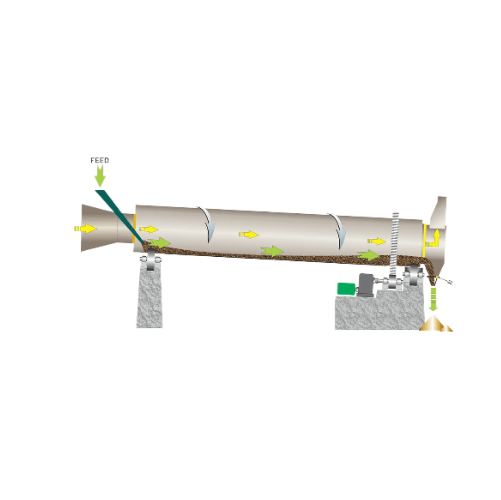
Industrial rotary dryer for high moisture content materials
Achieve consistent drying performance with industrial rotary...
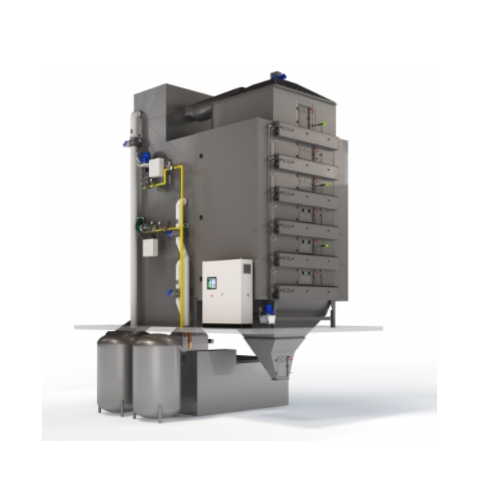
Industrial heat pump dryer
The drying of extruded products is highly energy-demanding in traditional belt dryers that use ga...
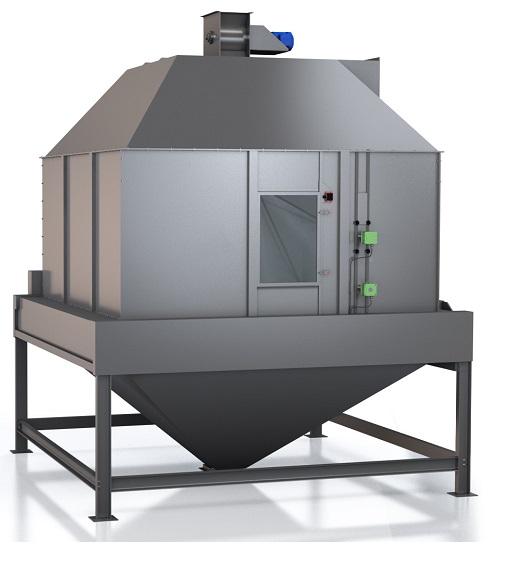
Continuous pellet cooler
Cooling is a very important and critical process for feed hygiene and pellet durability index. Pelle...
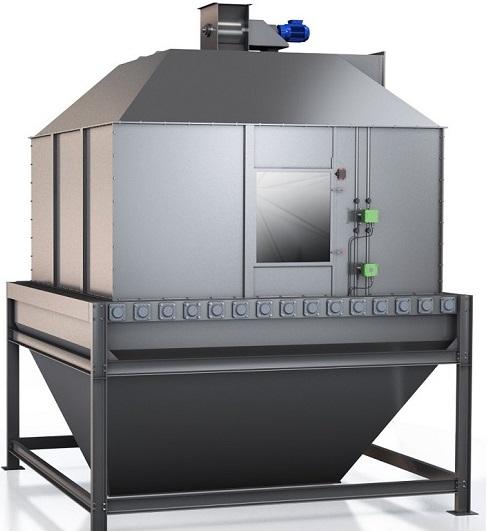
Gravity feed cooler
The food and feed industry has high food safety requirements making frequent cleaning and inspection nece...
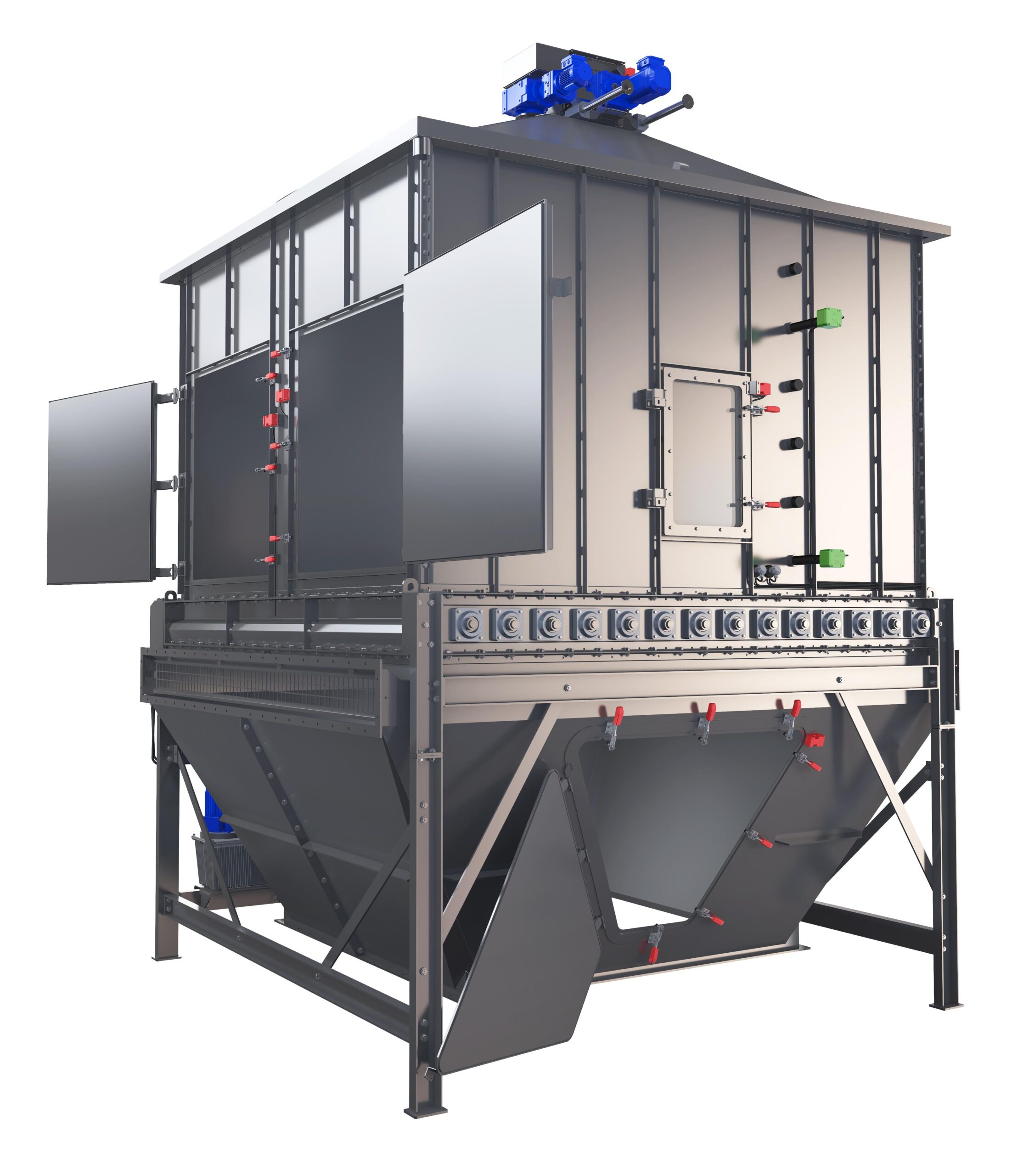
Counterflow pellet cooler
Food and feed industries require the highest standards of hygiene and sanitation. This entails fre...
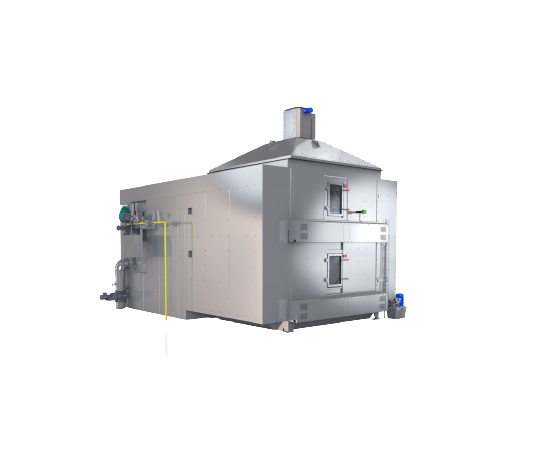
Continuous dryer machine
Traditional drying methods in the pet food, aquafeed, and extruded food industry can be the most ene...
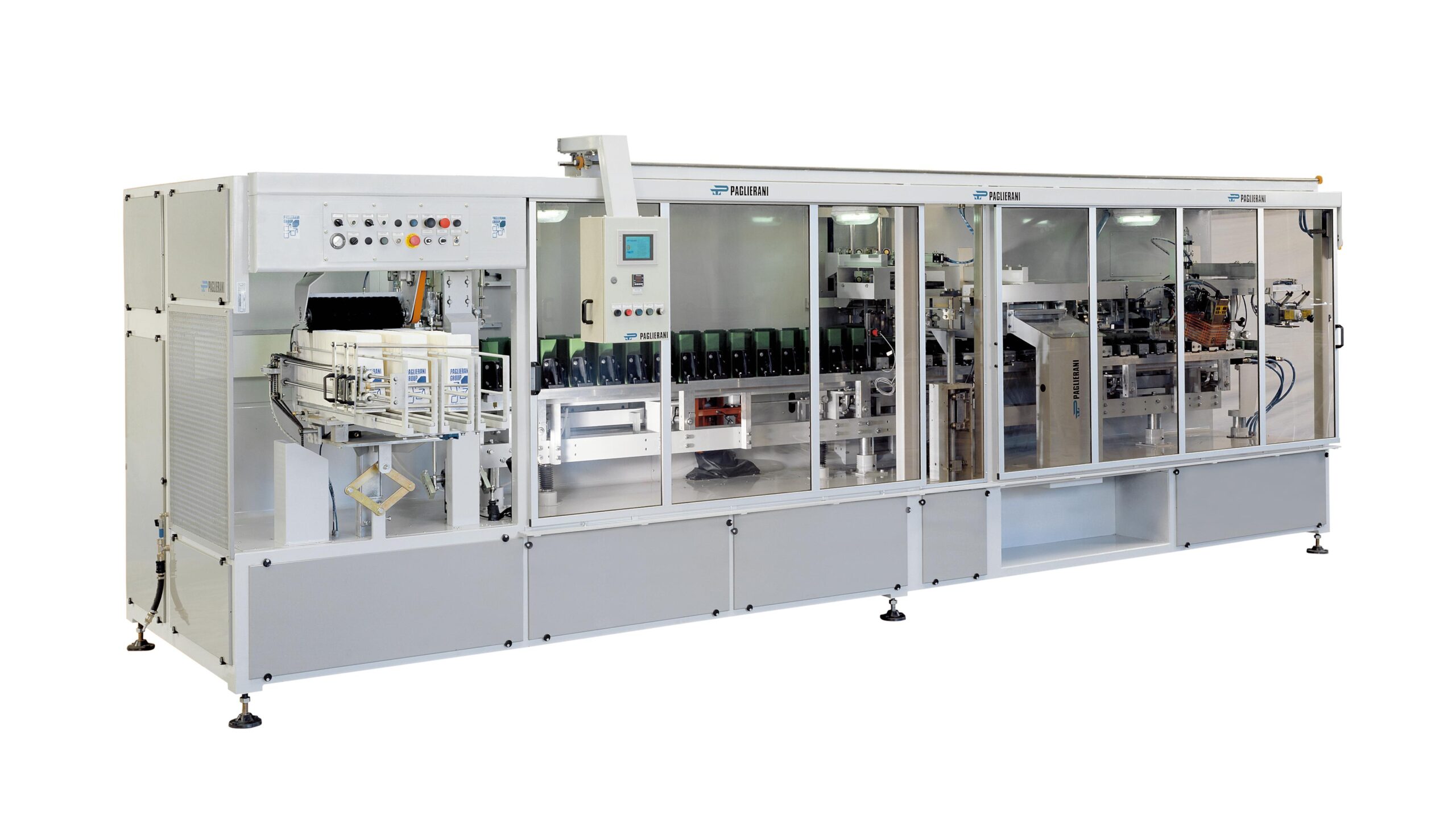
Packaging machine for preformed paper bags from 500 g to 5 kg.
Paper bag filling and closing for larger quantities of ma...
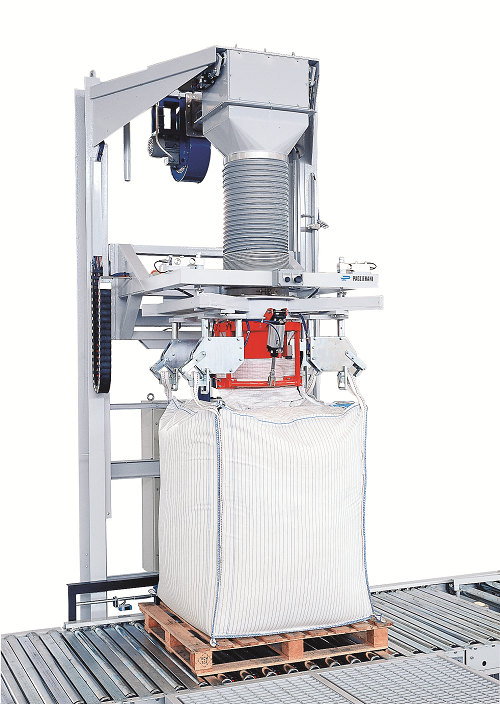
Big bag solutions
Management of big bags requires specialist handling and selection of cost-effective configurations for fill...
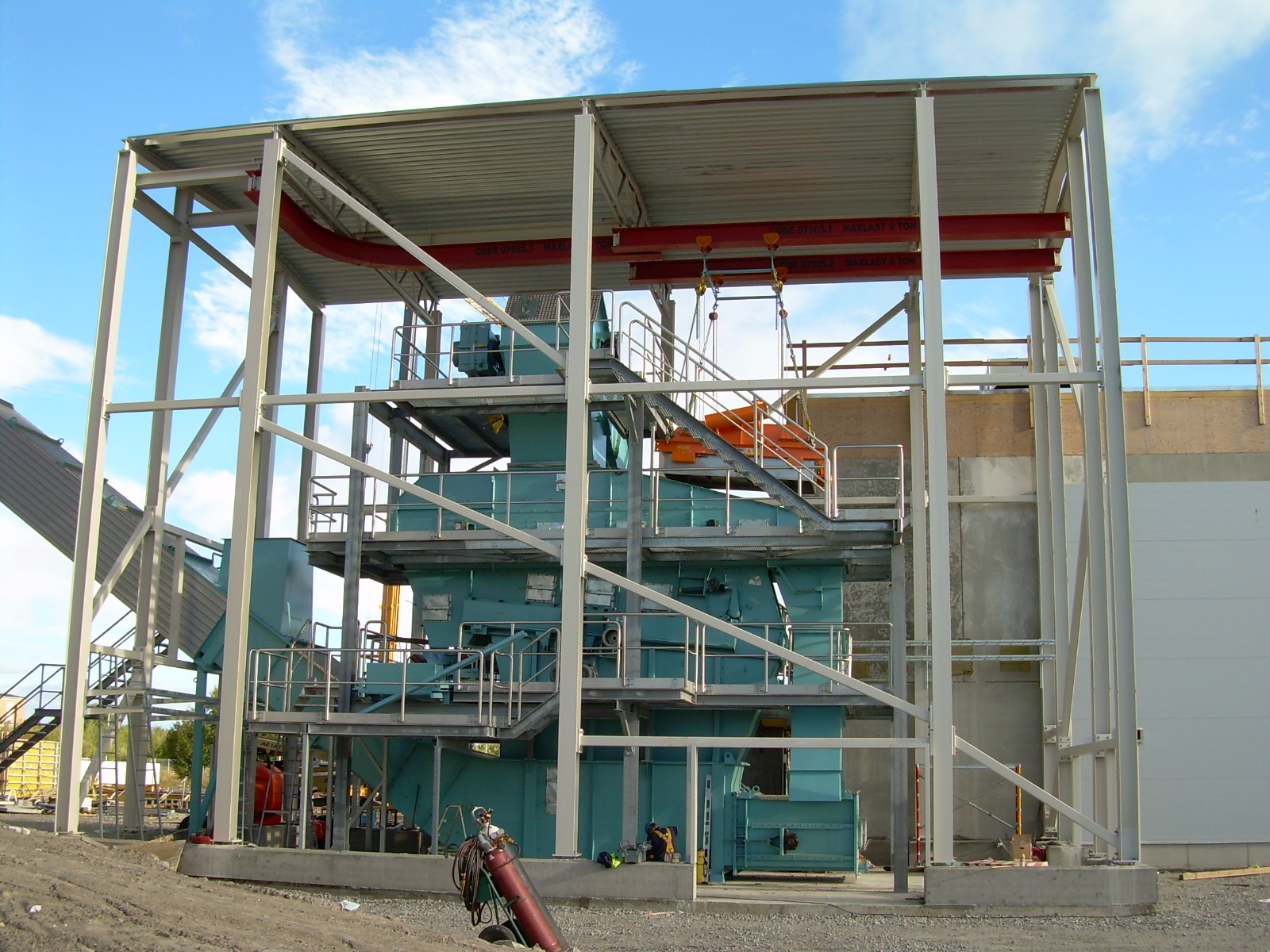
Solid biomass screening and crushing equipment
Biomass fuels come in many forms and often include impurities that can dama...
